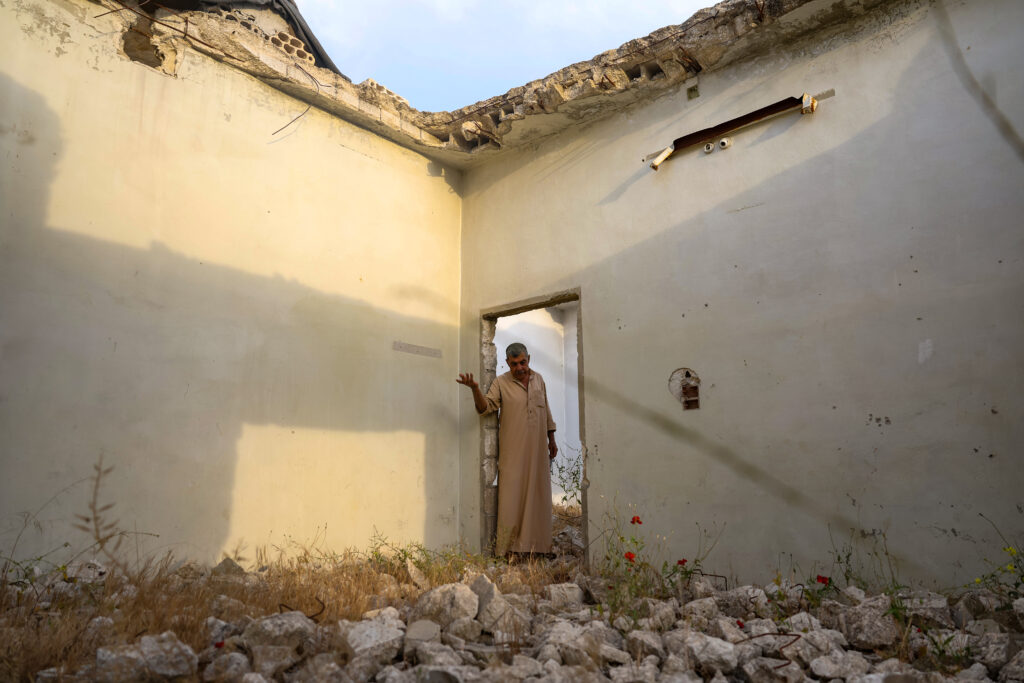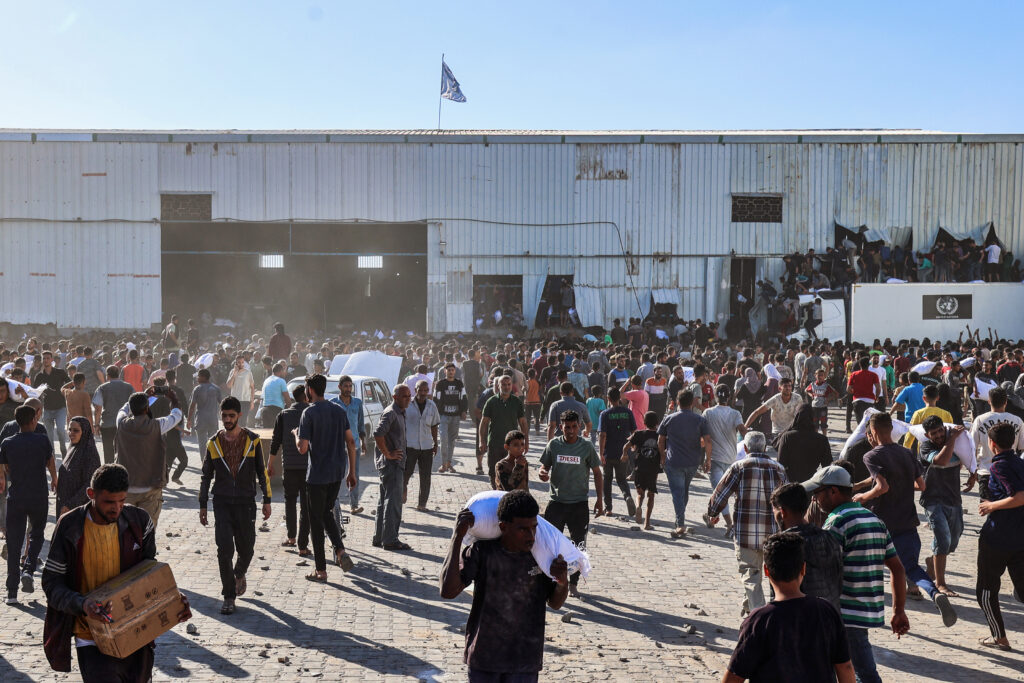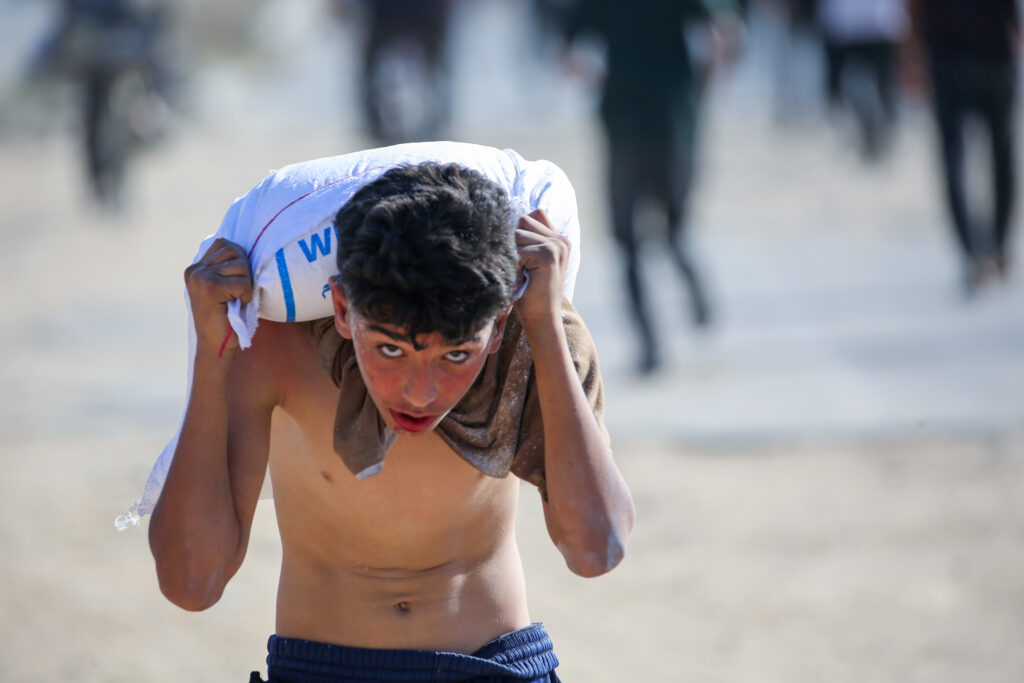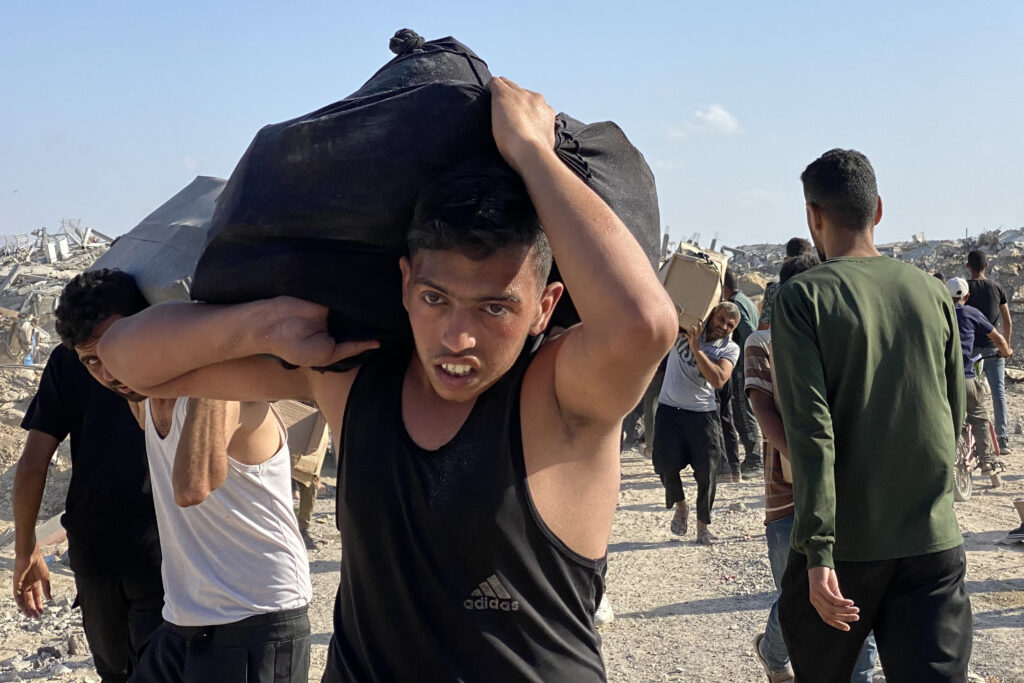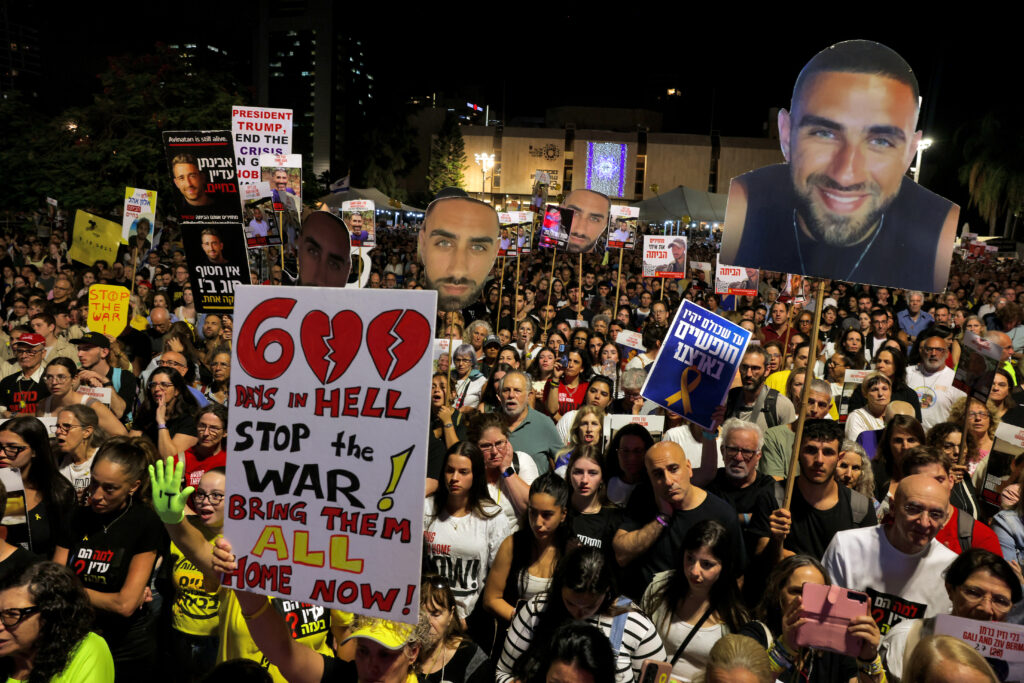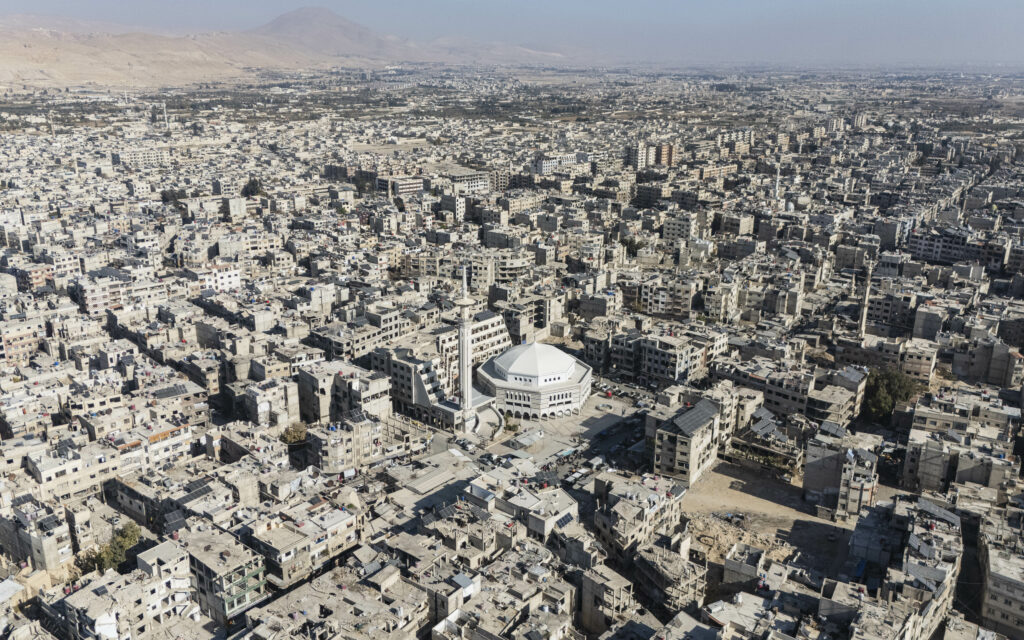Displaced Syrians leave camps to pitch tents near destroyed homes
Aref Shamtan, 73, preferred to pitch a tent near his destroyed home in northwest Syria rather than stay in a camp for the displaced following longtime ruler Bashar al-Assad’s ouster.”I feel good here, even among the rubble,” Shamtan said, sipping tea at the tent near his field.When he and his son returned after Assad’s December 8 overthrow, Shamtan found his village of Al-Hawash, nestled among farmland in central Hama province, badly damaged.The roof of their house was gone and its walls were cracked.But “living in the rubble is better than living in the camps” near the border with Turkey, where he had been since 2011 after fleeing the fighting, Shamtan said.Since Islamist forces ousted Assad after nearly 14 years of war, 1.87 million Syrians who were refugees abroad or internally displaced have returned to their areas of origin, the United Nations’ International Organization for Migration says.The IOM says the “lack of economic opportunities and essential services pose the greatest challenge” for those returning home.Shamtan, who cannot afford to rebuild, decided around two months ago to leave the camp with his family and young grandchildren, and has started planting his farmland with wheat.Al-Hawash had been controlled by Assad’s forces and was along the front lines with neighbouring Idlib province, which became a bastion for opposition factions, particularly Hayat Tahrir al-Sham, the group that led the offensive that toppled Assad.- ‘Nothing here’ -“We can’t stay in the camps,” Shamtan insisted, even if “the village is all destroyed… and life is non-existent”, lacking basic services and infrastructure.”We decided… to live here until things improve. We are waiting for organisations and the state to help us,” he said.”Life is tough.”Local official Abdel Ghafour al-Khatib, 72, has also returned after fleeing in 2019 with his wife and children for a camp near the border.”I just wanted to get home. I was overjoyed… I returned and pitched a worn-out tent. Living in my village is the important thing,” he said.”Everyone wants to return,” he said. But many cannot even afford the transport to do so in a country where 90 percent of people live in poverty.”There is nothing here — no schools, no health clinics, no water and no electricity,” Khatib said, sitting on the ground in the tent near the remains of his home.The war, which erupted in 2011 after Assad’s brutal repression of anti-government protests, killed more than 500,000 people and displaced half of the pre-war population internally or abroad, with many fleeing to Idlib province.More than six million people remain internally displaced, according to the IOM.With the recent lifting of Western sanctions, Syria’s new authorities hope for international support to launch reconstruction, which the UN estimates could cost more than $400 billion.IOM chief Amy Pope said on Monday that “the lifting of sanctions sends a powerful message of hope to millions of displaced Syrians”, cautioning, however, that “hope must be matched with concrete support”.- ‘No home’ -After being repeatedly displaced, Souad Othman, 47, returned with her three daughters and son to Al-Hawash around a week ago.”Everything has changed — the homes are damaged and there is nothing left in their place,” said Othman, whose husband died during the war.The roof of her home has collapsed and its walls are cracked, but she still chose to return, eking out a living through manual labour.A small bed sits out in the open, protected only by blankets on a clothesline, with a makeshift cooking area set up on the rubble.She said she borrowed $80 to pay for a battery for two solar panels.”There are snakes and insects here. We can’t live without light during the night,” she said.AFP aerial footage of camps in northwest Syria showed some former structures empty of residents.Jalal al-Omar, 37, who is responsible for part of a camp near the village of Qah in Idlib province, said around 100 families had left for his home village of Treimsa in the Hama region.But around 700 other families cannot afford to return, he said, also noting the lack of infrastructure in Treimsa, where people have to travel miles just to buy bread.”People don’t want to stay in the camps, they want to return to their villages. But the lack of essential services… prevents their return,” he said.”I myself have no home. I’m waiting… for a place to shelter in the village,” he added.
